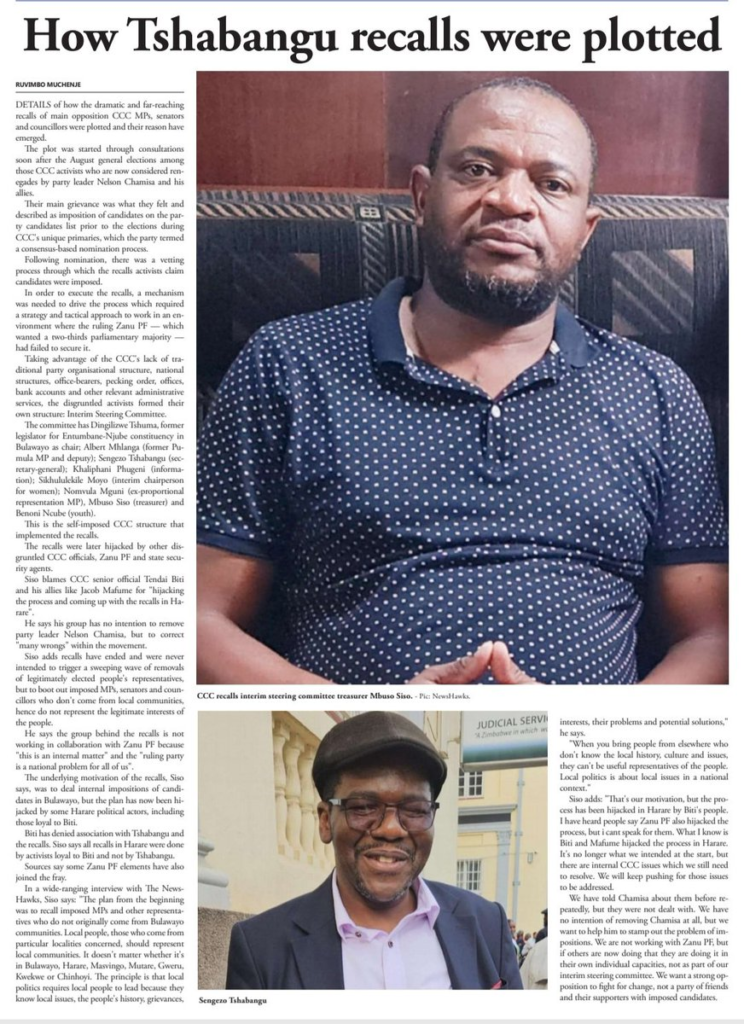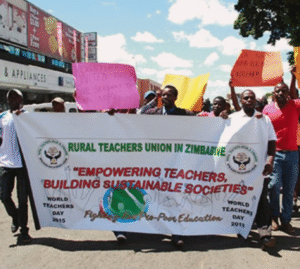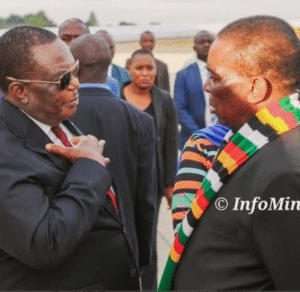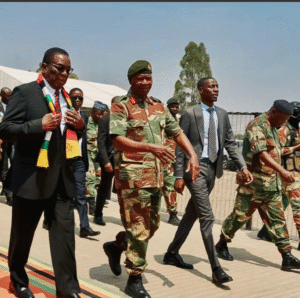REVEALING THE TRUTH BEHIND CCC’S TURMOIL: A DEEP DIVE INTO THE STEERING COMMITTEE’S LONG-STANDING ROLE

In the swirling vortex of Zimbabwe’s political landscape, the main opposition party, the Citizen Coalition for Change (CCC), has found itself at the epicenter of controversy and turmoil. Recent media reports have portrayed the formation of an interim steering committee within the CCC as a novel development, a sudden twist in the ongoing saga of internal party strife. However, this portrayal is not just misleading but a gross oversimplification of the facts. The truth is, this committee has been a pivotal force from the outset of the party’s internal conflicts, particularly the recalls that have fractured the CCC.
Chaired by Dingilizwe Tshuma, the former legislator for Entumbane-Njube constituency in Bulawayo, the committee has been instrumental in the execution of recalls. These recalls have not merely disrupted the party’s operations; they have torn it asunder, leaving a once cohesive entity in tatters. The damage inflicted by these internal purges has been extensive, altering the political landscape within the CCC and casting a shadow over its future.
The composition of this committee is a tapestry of influential and seasoned political figures within the CCC. Alongside Tshuma, the committee includes names like Albert Mhlanga, the former Pumula MP and his deputy; Sengezo Tshabangu, serving as the secretary-general; Khaliphani Phugeni in charge of information; Sikhululekile Moyo, the chairperson for women; Nomvula Mguni, a former proportional representation MP; Mbuso Siso as the treasurer, and Benoni Ncube overseeing the youth wing. Each member brings a wealth of experience and a deep understanding of the party’s internal dynamics, making them formidable players in the unfolding drama.
This self-appointed structure within the CCC has been the driving force behind the recalls. Originally targeted at a few elected representatives in Bulawayo, these recalls were later co-opted and expanded. This expansion was not an organic development but a calculated move by other disgruntled CCC officials, opportunistic members of the ruling Zanu PF party, and partisan state security agents. Their goal was clear and singular: to employ the recalls as a weapon for major political disruption and destabilization, aiming to dismantle the opposition from within.
The impact of these actions has been profound. The CCC, once a beacon of hope for many seeking an alternative to the ruling party’s governance, now stands fragmented. The internal strife has not only weakened the party’s organizational structure but also dented its public image. Supporters and onlookers alike have been left confused and disillusioned, questioning the party’s ability to govern itself, let alone a nation.
However, it’s crucial to understand that this internal turmoil is not just a matter of power struggles or ideological differences within the CCC. It’s a reflection of the broader political machinations at play in Zimbabwe. The involvement of Zanu PF officials and state security agents points to a more sinister agenda – one that seeks to exploit the vulnerabilities of the opposition to maintain the status quo.
In conclusion, the situation within the CCC is a complex web of internal politics exacerbated by external forces seeking to capitalize on the party’s weaknesses. The steering committee, far from being a recent development, has been at the heart of this turmoil from the beginning. Understanding this context is essential for anyone trying to make sense of the CCC’s current predicament and Zimbabwe’s political landscape at large. As the nation moves forward, the resolution of these internal conflicts within the CCC will be pivotal in shaping its political future and, by extension, that of Zimbabwe.




